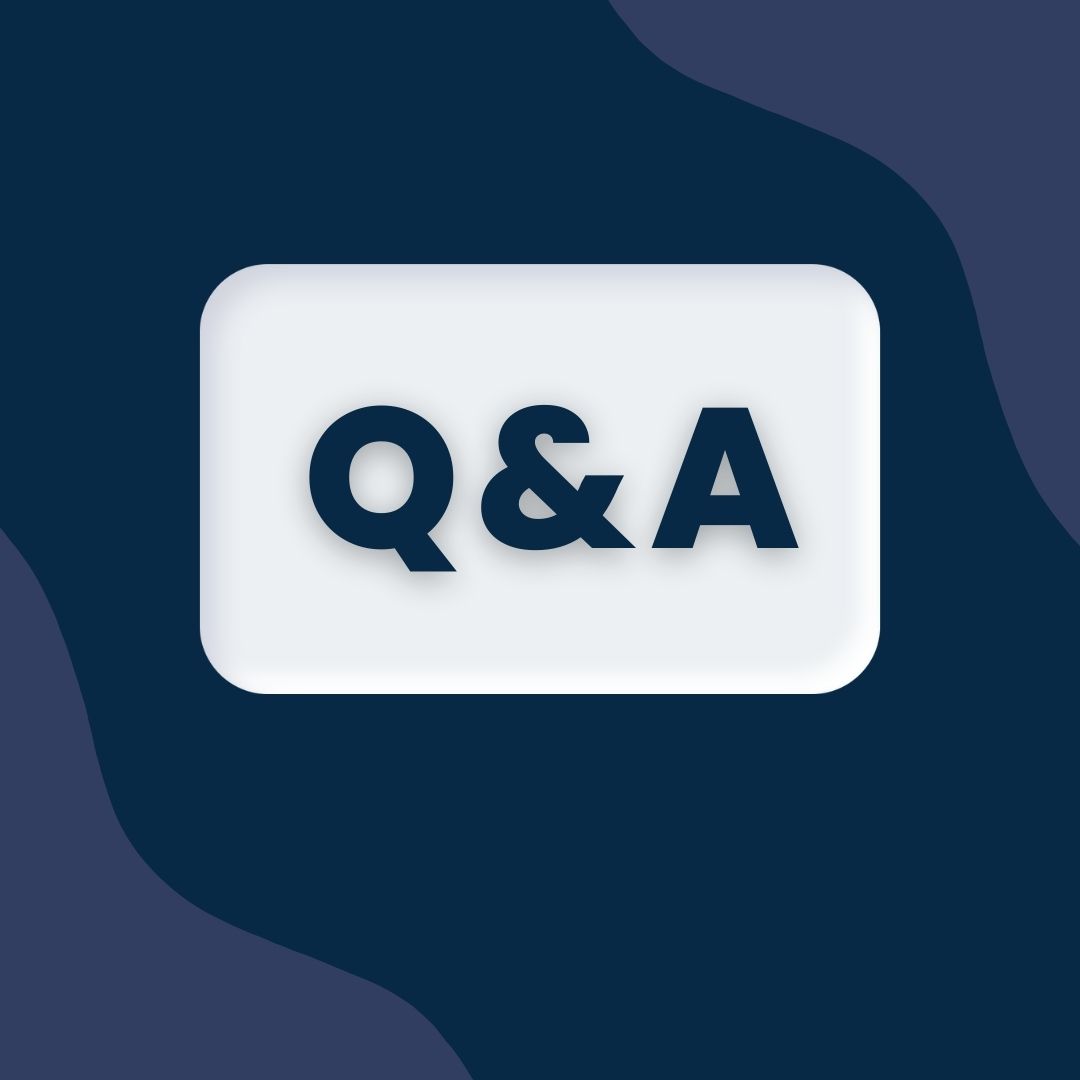Set Your Currency
 UNITED STATES UNITED STATES |
Set as Default |
 INDIA (Default Currency) INDIA (Default Currency) |
Set as Default |
 UNITED ARAB EMIRATES UNITED ARAB EMIRATES |
Set as Default |
 QATAR QATAR |
Set as Default |
python java python vs java
In the World of Programming, Python and Java are very Important. Whether you are starting your coding journey or choosing a tech stack for your next project, it is important to know which language is better. Python or Java.
Python and Java are reliable, powerful, and widely used. The best choice depends on your project requirements, team expertise, your goals (Like Android, Enterprise Apps, or Data Science?), and your future Plans.
In this Blog, we'll break down the differences between Python and Java, which will help you decide the right Programming language. But both languages power everything from simple scripts to complex enterprise systems. By the end of this article, you should have a clear sense of Python and Java differences and which language aligns best with your goals.
Python is a high-level, dynamically typed programming language created by Guido van Rossum in 1991. Python is ideal for data science, Automation, AI, scripting, and web development.
The Python features like simplicity, versatility, and a massive ecosystem make Python a perfect choice for Web and software developers, AI/ML Engineers, and Data scientists.
Let's explore the key features of the Python programming language that make it stand out.
1. Simple and Easy to learn
2. Extensive Standard Library
3. Object-Oriented and Functional
4. Interpreted Language
5. Extensive Standard Library
Java is a general-purpose and statically typed programming language and was developed by Sun Microsystems in 1995. Now it is owned by Oracle. It is widely used in Android Development, Enterprise systems, and banking apps.
Java has many uses besides mobile app development. It has also proven its efficiency in Big Data, Enterprise Applications, Banking Apps, and IOT.
The primary keywords of the Java Programming Language include its platform independence, security, and reliability. It follows the "Write Once, Run Anywhere" principle.
Let's explore the key features of the Java programming language that make it stand out.
1. Portable
2. Secured and Robust
3. Object Oriented
4. Platform Independent
5. Interpreted
6. Scalable
7. Multithreading
8. Memory Management
9. High Performance
The key differences between Python and Java help you to decide which language suits your requirements.
| Feature | Python | Java |
| Syntax | Simple and concise, Closer to English | Faster than Python |
| Compilation | Interpreted | Compiled |
| Community | Active Community and Large | Active Community and Large |
| Use Cases | Web Development, Data science, AI | Enterprise, Android, Web Apps |
| Typing System | Dynamically Typed | Statically Typed |
| Memory Management | Automatic Garbage Collection | Automatic garbage collection (With Performance tuning options) |
| Web Development | Django, Flask | Spring, JSF |
| Code Length | short and concise | Long and detailed |
| Use Case | Best Language |
| Game Development | Java (LibGDX) |
| Web Development | Both (Django vs Spring) |
| Data Science & AI | Python |
| Mobile Development | Java (Android) |
| Automation & Scripting | Python |
| Enterprise Applications | Java |
The best choice of Python and Java depends on your project needs, goals, and your career path. From the programming perspective, both of them have different use cases and their own pros and cons. Both Python and Java are widely adopted and power a significant portion of today's IT.
Simply, we can say that If you want simplicity and speed in your application, Python is a perfect solution for that. Whereas if you want performance and scalability, then go with the Java Programming language.
CSS stands for Cascading Style Sheets.CSS file is used to style HTML pages.It controls how elements look like colors, fonts, sizes, and layout.CSS files have a .css extension and are linked to HTML using the <link> tag.

Test your knowledge with interactive quizzes.

Prepare for interviews with curated question sets.

Ask your coding-related doubts and get answers.

Earn certifications to enhance your resume.

Hands-on projects to improve your skills.

Test your knowledge with interactive quizzes.

Prepare for interviews with curated question sets.

Add your technical blogs and read technical topics.

Earn certifications to enhance your resume.

Hands-on projects to improve your skills.